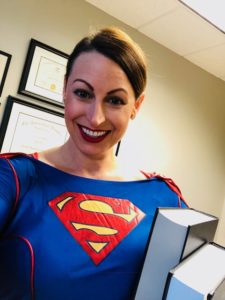Why You Should Have a Will
Why You Should Have a Will
You don’t have to be wealthy to have a will. In fact, it’s beneficial for many people to have a will in place. It will protect your loved ones and ensure that your wishes are carried out after you die. Here are several reasons why you should have a will:
Your Assets Will Go to the Right People
When you draft a will, you can include which relatives you want to inherit your assets when you die. Without a will in place, there’s no guarantee that your belongings will go to the people you want to have them. This can create a lot of fights among family members.
You Can Prevent a Long Probate Process
All estate plans have to go through a probate process before assets can be distributed to beneficiaries. However, the process can be drastically shortened if there is a will in place. Instead of taking over a year, the probate process could be completed in just a few months. Your beneficiaries will be happier to receive their inheritances earlier.
You Can Decide Who Will Care for Your Minor Children
You love your children with all your heart and you want someone you trust to take care of them if you die suddenly. That’s one of the most important reasons to have a solid will in place. In your will, you can name the person you want to raise your minor children if you die. If you don’t have a will, the court may appoint a guardian you don’t want to care for your kids.
You Can Choose an Executor
In your will, you will also be able to appoint an executor of your estate. This person will be responsible for distributing your assets and making sure all of your affairs in order. This is a huge job, so it’s essential to pick someone who is trustworthy and responsible. Be sure to notify the person that you want him or her to be your executor.
You Can Disinherit Individuals
A will also allows you to disinherit who may otherwise inherit your assets upon your death. For example, if you don’t have a will in place, your ex-spouse may end up with your estate.
You Can Relieve Your Loved Ones of Additional Burden
Your loved ones will already be upset about your passing. You do not want to leave them with the extra burden of planning and paying for your funeral when they are grieving. In your will, you can state exactly how you want your funeral service and cremation or burial carried out.
As you can see, there are many good reasons to have a will. It’s never too early to draft one. Creating a will can be a complex process, so it may be necessary to hire a reputable estate planning attorney. He or she can ensure all of your wishes are included in the document. Make an appointment with a wills and trusts lawyer recommends today to get the process started.





